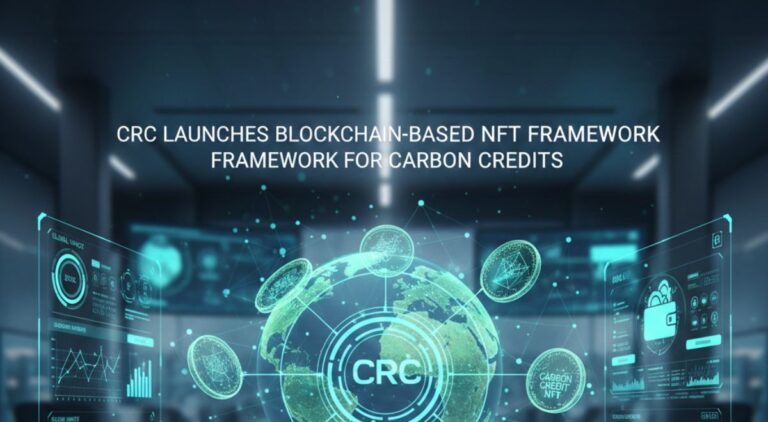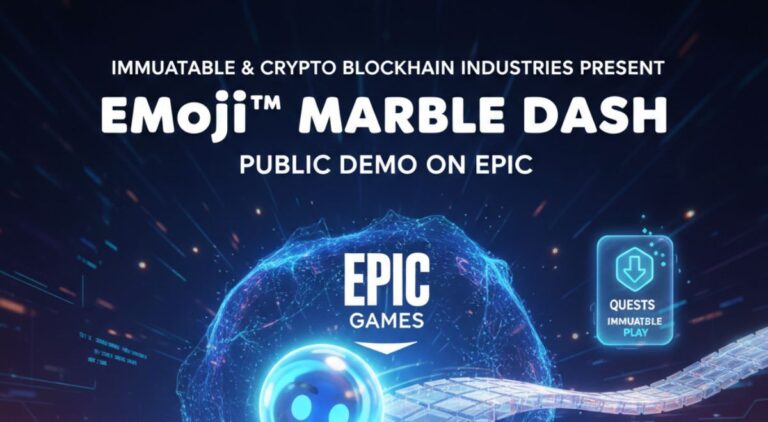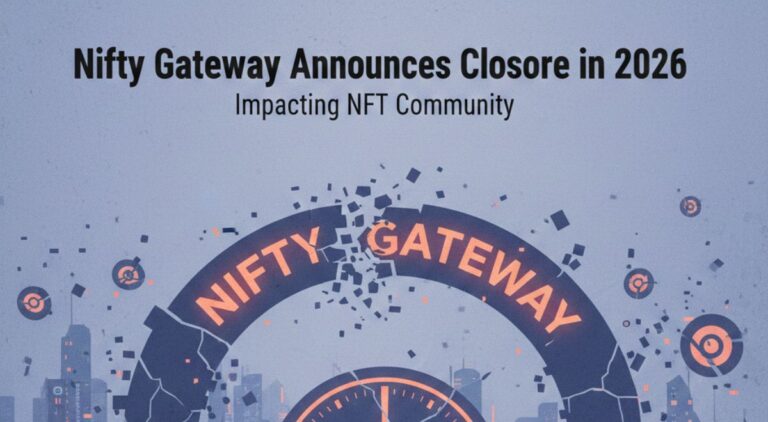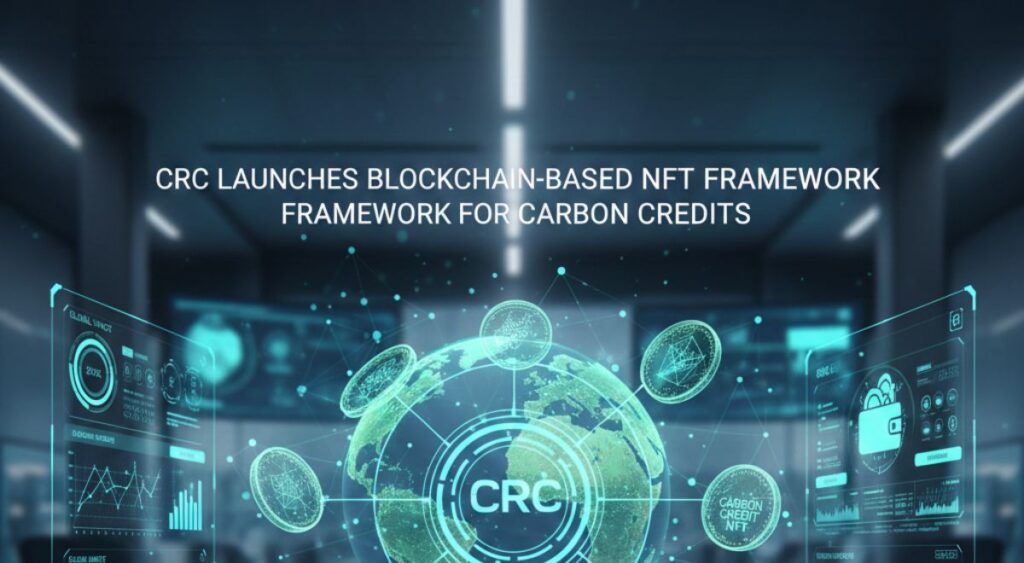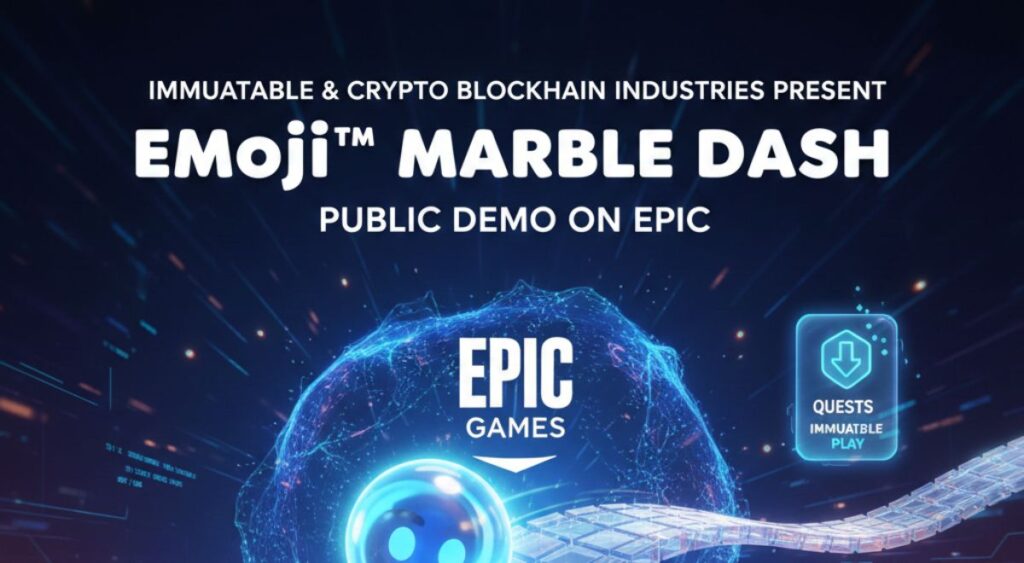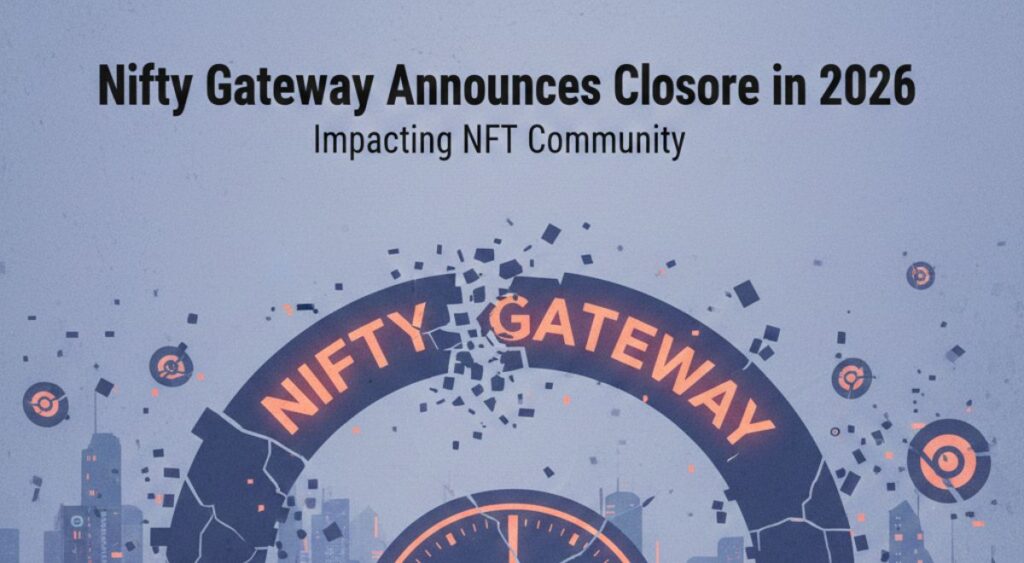Overview of NFTs and Their Significance in the Field of Education
The digital world has been swept up by non-fungible tokens (NFTs), particularly in the gaming and art industries. But their potential goes far beyond these domains, encompassing things like skill development and education. In the Middle East, where innovation in technology is advancing quickly, NFTs are playing a significant role in redefining tech training and education. Policymakers, ed-tech entrepreneurs, and educational institutions are investigating how NFTs may improve the credentialing process, offer incentives, and transform the learning experience.
Using NFTs to Transform Digital Credentials
The issuing of digital credentials is one of the most exciting uses of NFTs in education. Both digital badges and conventional paper-based certificates can be altered or counterfeited. NFTs provide a safe substitute because they are distinct and unchangeable. Middle Eastern colleges and training facilities are starting to test NFT-based certifications, which offer validated evidence of a student’s abilities and accomplishments. Not only are these NFT certificates more accessible and safe, but they also enable students to demonstrate their abilities in a transparent and reliable manner on a worldwide scale.
Increasing Student Involvement in Gamified Education
NFTs have the potential to significantly contribute to the gamification of the educational process, which will raise student interest. Institutions can establish a rewards-based learning system where students receive exclusive digital assets for finishing classes, performing well on tests, or engaging in extracurricular activities by incorporating NFTs into the curriculum. Across the Middle East, this strategy is being investigated in a number of tech-focused programs to inspire students and foster a more engaged learning environment. Students are more likely to stick with the program if they regard the process of gaining NFTs to be fun and gratifying.
Giving Teachers and Students More Power with Decentralized Learning Platforms
The educational landscape is changing as a result of decentralized platforms that make use of NFTs and blockchain technology. Decentralized platforms are being used in the Middle East, where there is a desire for innovation in education, to offer a more flexible and customizable learning environment. Teachers can produce information in the form of NFTs, making it easier and more transparent for students to access. This lessens the need for established middlemen like publishers and guarantees that teachers receive just compensation for their labor in addition to democratizing education.
Encouraging Student Collaboration and Knowledge Exchange
It is possible that NFTs will encourage more student collaboration. Students can produce shareable and verified digital portfolios by tokenizing research, projects, and group initiatives. This is especially helpful in the Middle East, where creativity is fostered through collaborative work. NFTs give students a way to be recognized for their contributions to group projects, making sure that everyone is given credit for their work. In tech education, where group projects and cooperative problem-solving are essential elements of the curriculum, this approach can be very successful.
Making Money With Knowledge and Skill Sets Through NFT Marketplaces
Additionally, NFTs are creating new opportunities for professionals and students to profit from their knowledge and abilities. There are growing NFT marketplaces dedicated to educational content where students may purchase, sell, or exchange NFTs that stand in for skills, knowledge, or even mentoring sessions. In the Middle East, where entrepreneurship and skill development are highly valued, these NFT marketplaces can give students a platform to convert their academic accomplishments into financial prospects. This is in line with the region’s overarching objectives of promoting a knowledge-based economy and lowering unemployment via skill-based learning.
Overcoming the Divide Between Industry and Academics
Getting the academic knowledge to match the demands of the industry together is one of the enduring problems in education, particularly in the Middle East. By providing a clear and verifiable means for students to demonstrate their talents to prospective employers, NFTs provide a solution. Employers can evaluate a candidate’s practical abilities and knowledge immediately from their NFT portfolio, doing away with the need for conventional cover letters and resumes. This is especially helpful for recent tech graduates who need to provide proof of their coding abilities, project management expertise, or hackathon involvement.
Obstacles and Potential Benefits of NFTs in Education
Although there is great potential for the Middle East’s adoption of NFTs in tech education and skill development, there are certain obstacles to overcome. For broad acceptance, concerns about the digital divide, the environmental effects of NFT minting, and the scalability of blockchain networks need to be addressed. Clear restrictions are also required to guarantee the moral and efficient use of NFT-based teaching resources. Nonetheless, the advantages of incorporating NFTs into the education sector are strong, providing fresh approaches to reward learning, validate credentials, and improve student involvement in an area quickly adopting new technology.


